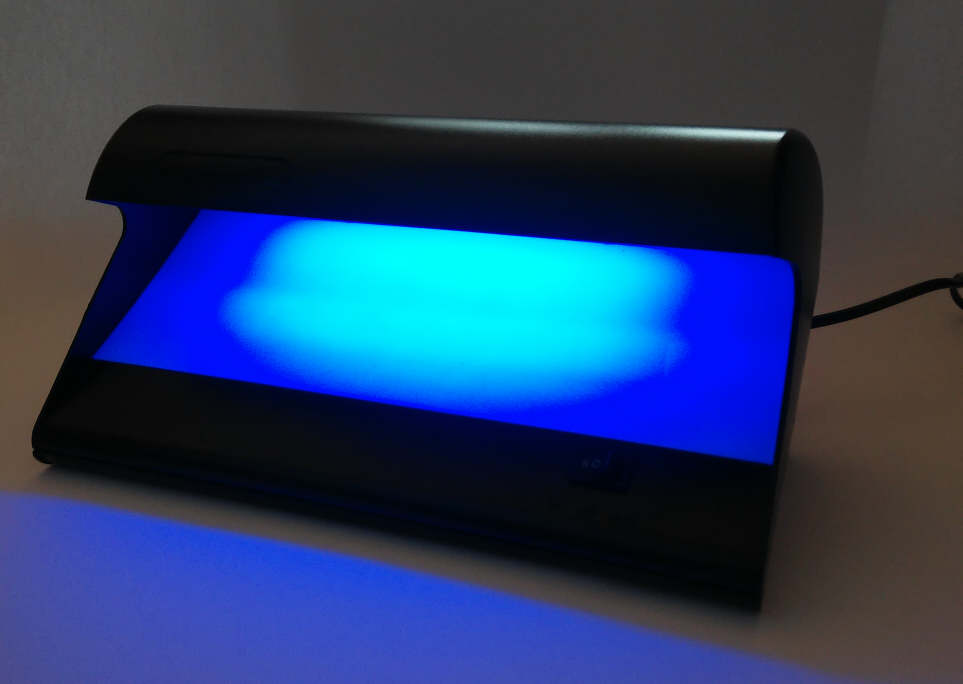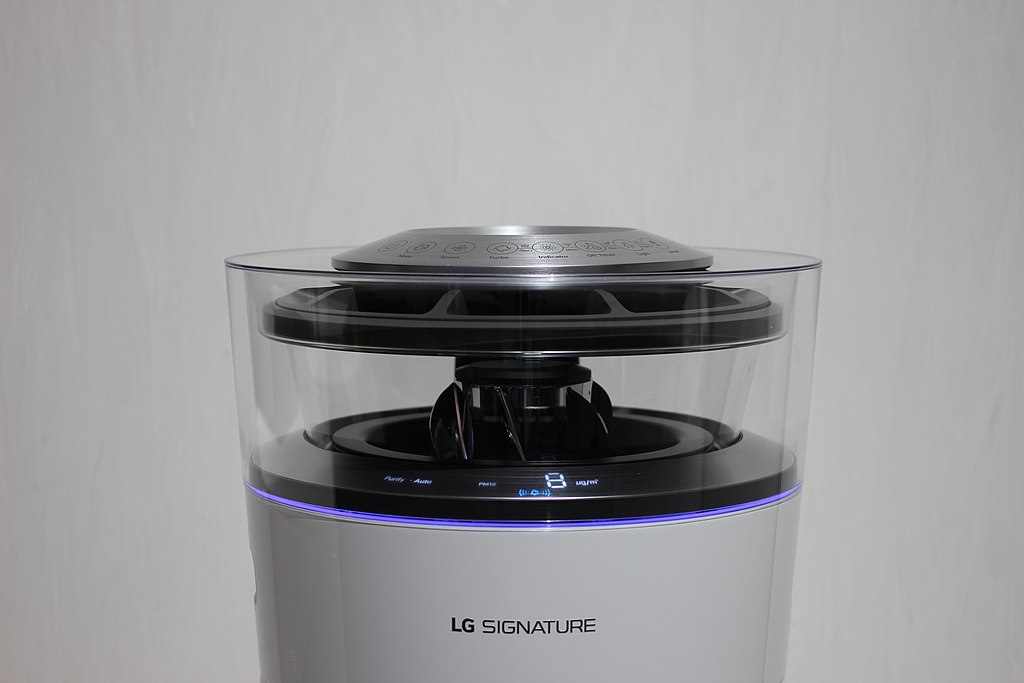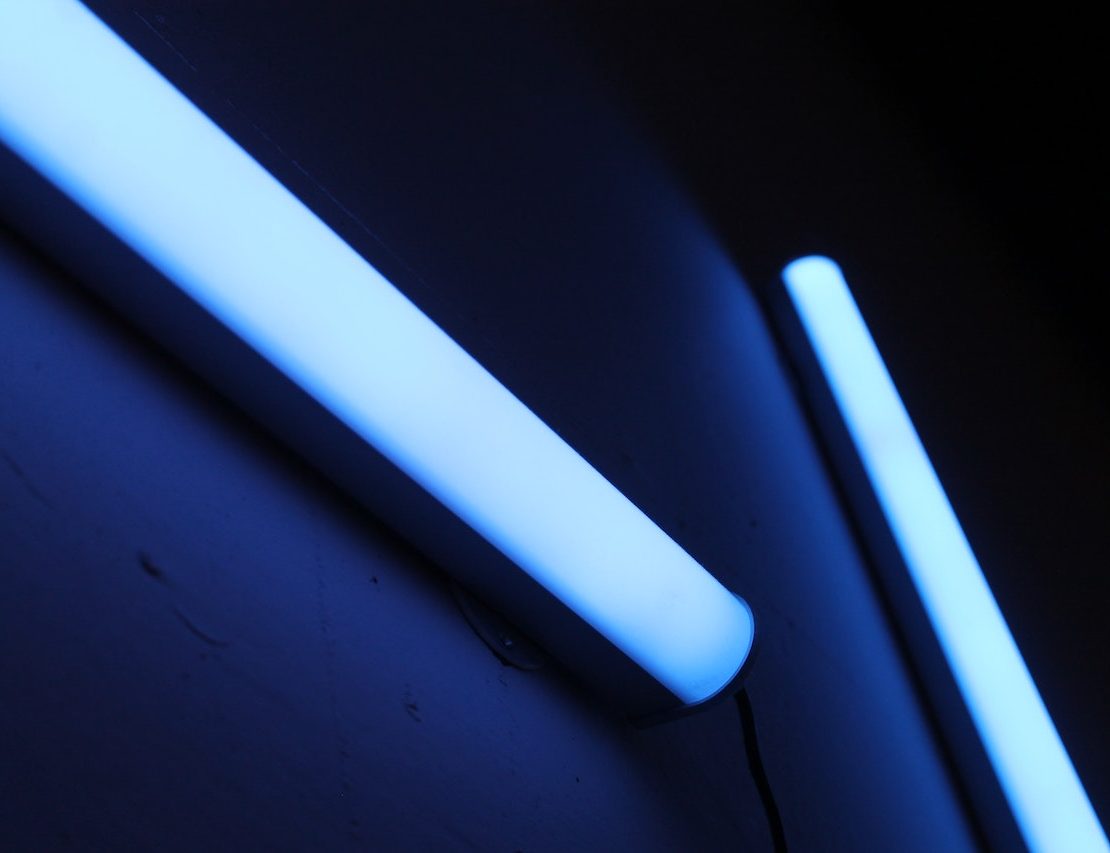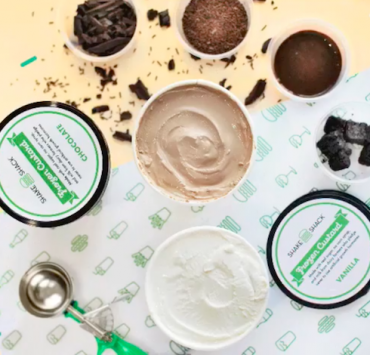Since the onset of COVID-19, people are taking their health and safety more seriously. Products like rubbing alcohol and surface cleaners were flying off the shelves in the early days of quarantine in a bid to stay COVID-19 free. People have also invested in technology like UV disinfection lamps and air purifiers in order to stay safe from the virus. The question is though, do UV disinfecting and air purification actually work when it comes to fighting coronavirus?
Can we use UV disinfection and air purification as a way to fight coronavirus?
The simple answer: Yes.
The more accurate answer: It depends.
UV Disinfection
When it comes to UV disinfection, it’s not a one-size-fits-all situation. According to the World Health Organization (WHO) there are different types of UV light. There’s UVA, which is the type of radiation that the earth gets from the sun. There’s UVB, which is a more harmful type of radiation that is responsible for crispy tans. And then there’s UVC, a short wavelength type of radiation that is the most damaging out of the three.
Hospitals use UVC to disinfect their tools and surfaces, but they do so with proper safety equipment and other gear. Medical staff take great care in employing the use of UVC sanitation because of the health hazards they potentially pose to human beings.

According to the United States Food and Drug Administration (FDA), they usually do this by disinfecting the air via air ducts because direct UVC exposure can cause injuries. The Center for Disease Control (CDC) has also said that UV light can cause burns, eye injuries, and even skin cancer if you’ve been exposed for too long without the right protective equipment.
The FDA explains that there are two ways to get rid of COVID-19 when using UV sanitation. The first way is through direct exposure, which is harmful to human beings and can cause burns and eye injuries. The second is through dose and duration–or the distance and the duration the rays are exposed to what needs to be sterilized– which takes a longer time and can be less effective when it comes to getting rid of the virus.
With air purifiers, it really depends on the quality of the product, where you use it and what you’re using it with.
Air Purification
To be completely clear, air purifiers by themselves aren’t effective against COVID-19. The air purifier also needs to have a specific type of filter, like the HEPA filter, to really sift out the virus from around you.
The United States Environmental Protection Agency (EPA) describes HEPA filters as a type of pleated mechanical air filter that can theoretically remove at least 99.97 percent of dust, pollen, mold, bacteria and any airborne particles with a size of 0.3 microns.
Keyword: theoretically.
There’s also another caveat when it comes to using air purifiers against COVID-19. According to James Dickerson, Consumer Report’s chief science officer, “HEPA filters are very efficient at catching coronavirus-size particles, but the particles must first physically travel to the filter.”

This basically means that your purifier has to physically catch all the possible droplets around you in order to keep you safe. So if there’s an air purifier behind you and you’re having a conversation with someone who has COVID-19 and they cough on you, that’s not going to help in the slightest.
To date, there have been no scientific studies that have proved that HEPA filters can kill COVID-19. This means that they may help filter out the virus, but it isn’t a sure thing.
But does the UV lamp I bought online work?
An answer that might frustrate you: It depends.
Most commercially available UV lamps emit a lower dose of UV rays, which means it’ll either take longer to kill the germs, or not even get to them at all. There are also a lot of fakes out there, so you might not even be sterilizing anything to begin with.
Should I ditch the portable UV wand?
Honestly? You really should.
[READ: FDA warns against products that claim to decrease risk for COVID-19]The risk of being exposed to UV rays far outweighs the supposed “benefits,” which are still yet to be proven effective against COVID-19 in a non-medical setting. Although it may sound like a temptingly easy solution to an invisible problem, the UV disinfectant market is also a gray area right now due to lack of regulation.
Re UV light devices, Vergeire says these have been used in hospitals for disinfection. But there is not enough evidence to show that UV light wands are effective, she says. | @LeilasINQ
— Inquirer (@inquirerdotnet) June 27, 2020
The Department of Health (DOH) also warned against the use of UV light as a replacement in sterilizing surfaces. Health undersecretary and spokesperson Maria Rosario Vergerie announced that, “These [devices] cannot be used as [a] substitute for manual cleansing using bleach solution or alcohol to remove contaminants from surfaces.” She added, “They may cause damage to one’s sight, skin irritation and burns, and increase the risk of skin cancer.”
Rather than using the UV wand you got online on sale and run the risk of accidentally hurting yourself, washing your hands and staying home is the safer and more effective alternative. It’s always better to be safe than sorry.
Should I also ditch my portable air purifier necklace?
When it comes to sifting out pollen and dust, no. But when it comes to protecting you from coronavirus, you should consider it.
Most air filtration necklaces being sold online don’t come with an industrial-grade HEPA filter. It’ll probably help if you have allergies, but it shouldn’t be considered your first line of defense against coronavirus.
Header photo courtesy of Rich Smith on Unsplash
Get more stories like this by subscribing to our weekly newsletter here.
Read more:
Your phone can carry coronavirus for 9 days. Here’s how to disinfect it
Here’s what to do before, during and after your grocery run
Here’s why snipping off your face masks’ straps before disposal goes a long way
Writer: ANDREIANA YUVALLOS




